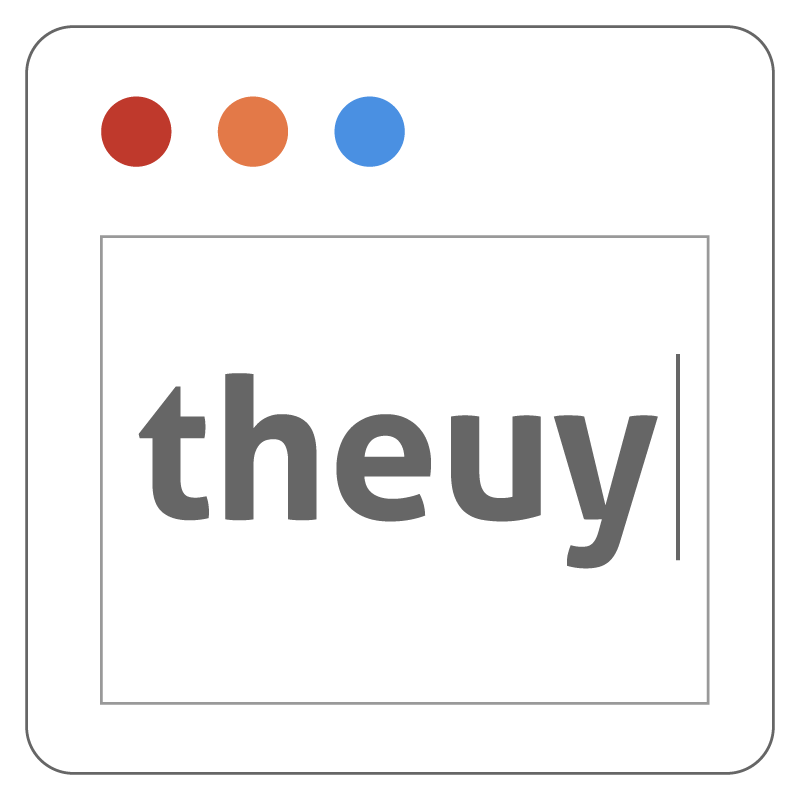Starting a business is no easy feat. From marketing to fundraising, there are so many decisions to make and steps to take in order to get your business off the ground. One of the key questions entrepreneurs must answer is whether they should focus their efforts on B2B or B2C customers. In this article, we'll explore the differences between these two strategies and help you decide which one is best for your startup.
Introduction
There are a lot of factors to consider when starting a business. One of the first decisions you'll have to make is what type of legal entity to choose for your business. Do you want to be a sole proprietor, partnership, limited liability company (LLC), or corporation?
If you're looking for funding or want to attract investors, they may prefer that you form a corporation. But if you're just starting out and don't need much money, an LLC might be the way to go.
What's the difference between a corporation and an LLC? A corporation is a legal entity that is separate from its owners. This means that the owners are not personally liable for the debts and liabilities of the corporation. An LLC, on the other hand, is not a separate legal entity from its owners. This means that the owners are personally liable for the debts and liabilities of the LLC.
So which one is right for your startup? It depends on a number of factors, including how much money you need to raise, whether you want to attract investors, and whether you want personal liability protection.
If you're still not sure which one is right for your startup, consult with an attorney or accountant who can help you weigh the pros and cons of each option.
What is B2B?
B2B is short for business-to-business. It refers to the transactions that take place between two businesses, rather than between a business and a consumer. These types of transactions are usually more complex and require a higher level of trust than B2C transactions.
There are many different types of B2B businesses, but they all have one thing in common: they sell products or services to other businesses, rather than to individual consumers. Some examples of common B2B businesses include manufacturers, suppliers, distributors, and service providers.
The term “business-to-business” can also be used to describe the relationship between two businesses that are not in a direct transaction with each other. For example, if Company A sells products to Company B, and Company B then resells those products to Company C, the relationship between Company A and Company C is considered to be business-to-business.
While B2B transactions are usually more complicated than B2C transactions, they can also be more rewarding. Because B2B businesses typically deal with larger quantities of goods or services, they have the potential to generate more revenue than B2C businesses.
What is B2C?
There are two main types of businesses: business-to-consumer (B2C) and business-to-business (B2B). B2C companies sell products or services to consumers, while B2B companies sell products or services to other businesses.
So, what is B2C? Business-to-consumer (B2C) companies are those that sell products or services directly to consumers. This includes companies like retailers, ecommerce sites, and consumer brands.
Consumers are the end users of B2C products and services. They purchase these products and services for their own personal use, rather than for use in a business.
B2C companies typically have a wide customer base and focus on mass marketing and advertising to reach as many potential customers as possible. They also tend to have shorter sales cycles than B2B companies.
There are many different types of B2C businesses, but some of the most common include:
• Retailers: Stores that sell physical goods to consumers, such as grocery stores, department stores, and clothing stores.
• Ecommerce sites: Online stores that sell goods or services directly to consumers, such as Amazon or eBay.
• Consumer brands: Brands that produce goods for consumers, such as food brands, personal care brands, and fashion brands.
Pros and Cons of B2B and B2C
There are benefits and drawbacks to both B2B and B2C models. Here are some key considerations:
-B2B models tend to be more complex, with longer sales cycles and higher barriers to entry. This can make them less scalable than B2C models.
-B2Bs often have higher customer lifetime value (CLV) than B2Cs, due to the nature of their relationships with customers. This can make them more attractive to investors.
-B2Bs typically require a more sophisticated marketing approach, as they need to target specific decision-makers within organizations.
-The nature of B2B relationships can make them more resistant to disruptive innovations.
So, which is right for your startup? It depends on your business model, your target market, and your goals. If you're selling something that requires a long sales cycle or has a high barrier to entry, a B2B model may be the better choice. If you're looking for scalability and want to tap into the power of viral marketing, a B2C model may be a better fit.
Key Factors to Consider When Choosing Between B2B or B2C
There are a few key factors to consider when choosing between B2B or B2C for your startup. The first is your target market. If you're targeting businesses, then B2B is the way to go. If you're targeting consumers, then B2C is the better option.
Another factor to consider is the nature of your product or service. If it's something that businesses would use, then B2B is probably a better fit. If it's something that consumers would use, then B2C is likely the better choice.
Finally, you need to think about your sales and marketing strategy. B2B selling is often more complex and requires a different approach than B2C selling. If you're not sure which one will work better for your business, it's worth talking to a sales and marketing consultant to get their opinion.
How to Decide on the Right Business Model for Your Startup?
The first step in deciding on the right business model for your startup is to assess what your business does and what needs it meets. Is your business providing a product or service? Is it solving a problem for customers? Is it filling a gap in the market? Once you have a good understanding of what your business does, you can start to research which business model would be the best fit.
There are many different types of business models, and the one you choose will depend on a number of factors including your industry, target market, and goals for your business. For example, if you are starting a new restaurant, you will likely choose a different business model than if you were starting an online store.
Once you have decided on the general type of business model you want to use, you can begin to look at specific models within that category. There are dozens of different options, so it's important to do your research and select the one that makes the most sense for your particular startup. Consider things like how much control you want over your product or service, how much upfront investment you're willing to make, and how quickly you want to grow your business.
No matter which business model you choose for your startup, be sure to always keep your customers' needs in mind. Your ultimate goal should be to provide them with value and create a positive experience that keeps them coming back for more.
Conclusion
Deciding between B2B and B2C can be a difficult decision for startups. After reading this guide, you should have a better understanding of the differences between these two marketing models and how to decide which one is right for your business. Ultimately, the choice will depend on your company's goals and resources available. Take the time to research both options carefully before making any decisions so that you can make an informed choice that will benefit your startup in the long run.

